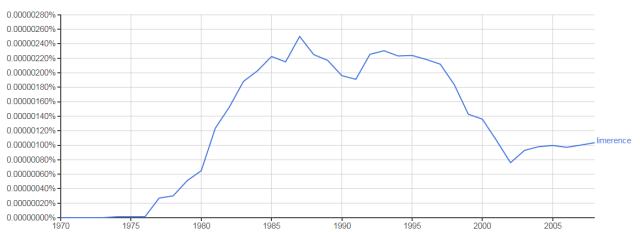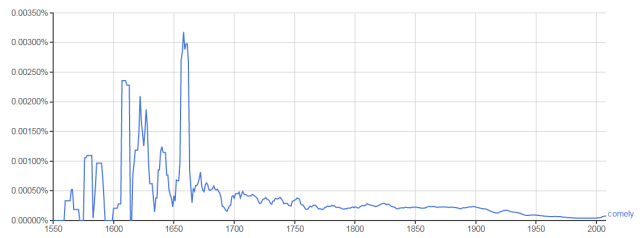int. (Chiefly Irish English. Now rare.) Expressing distress, sorrow, or grief: ‘oh!’, ‘alas!’, ‘woe!’, etc.
n. An utterance of pillaloo; a cry of distress, a howl, an outcry, a noisy disturbence or altercation, an uproar.
Pillaloo comes from the Irish puilliliú, puillilliú, fuililiú, etc., an interjaction and noun of immitative origin, meaning “hunting cry, clamour, shout of distress”. Compare to ululu and whillaloo.
Usage of the word according to the Google Books Ngram Viewer:

http://www.oed.com/view/Entry/143896







